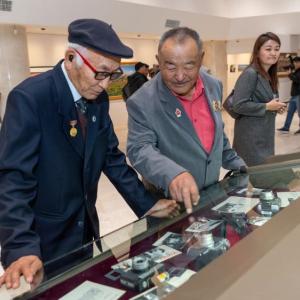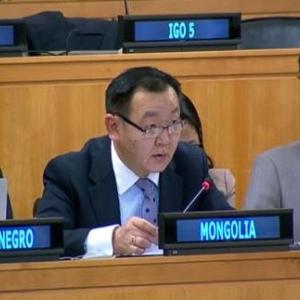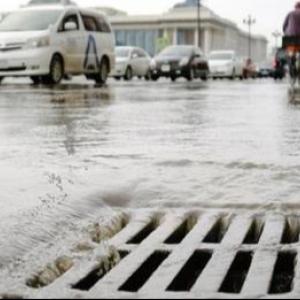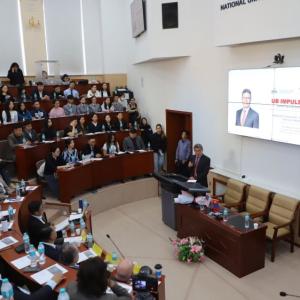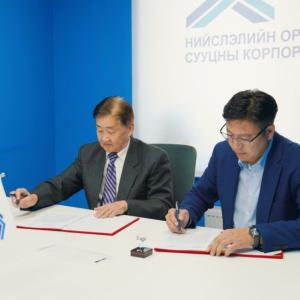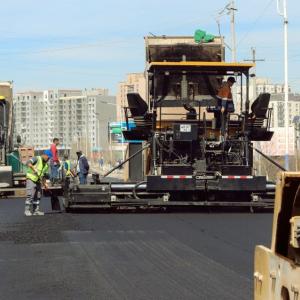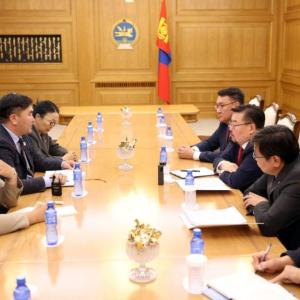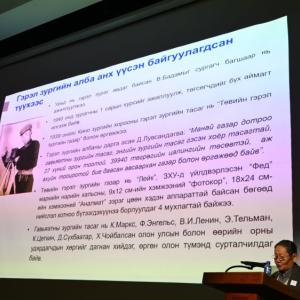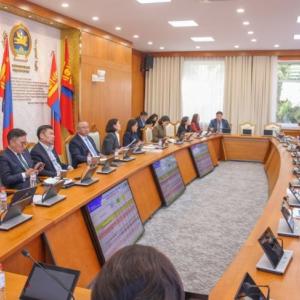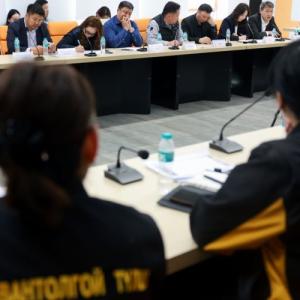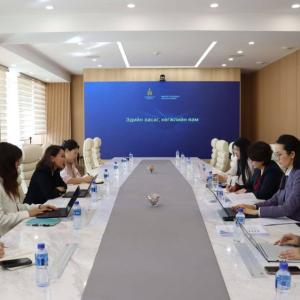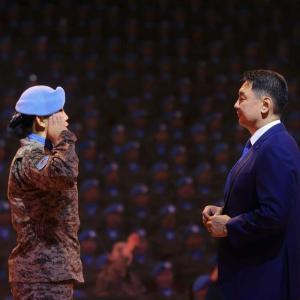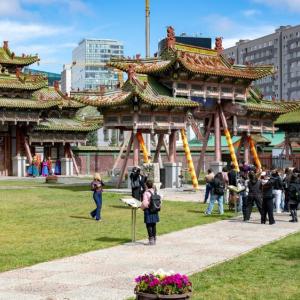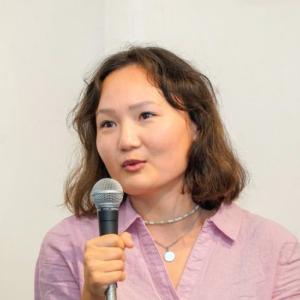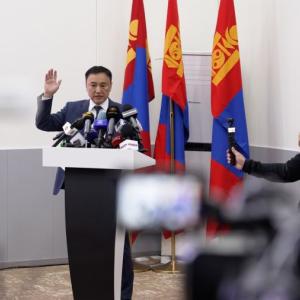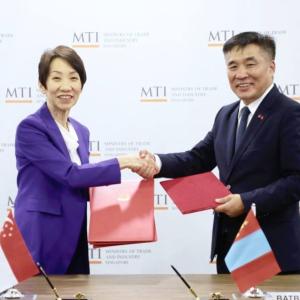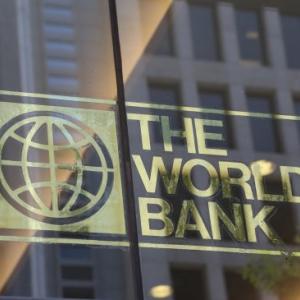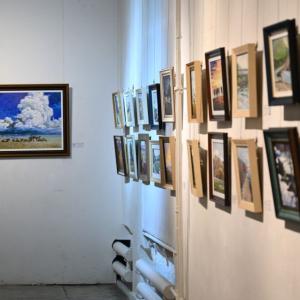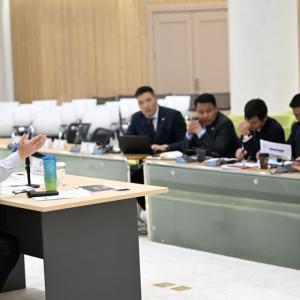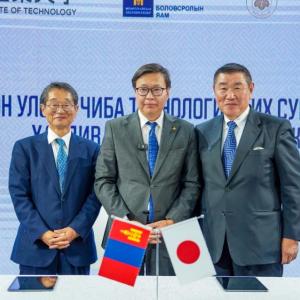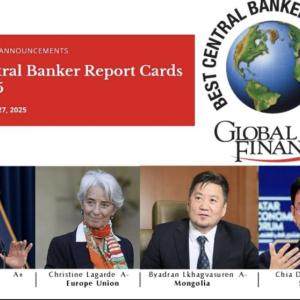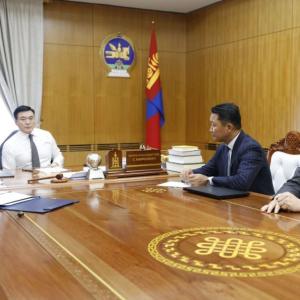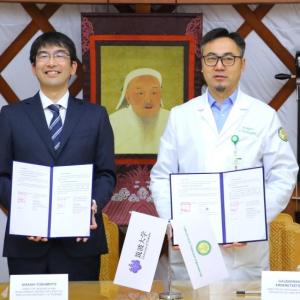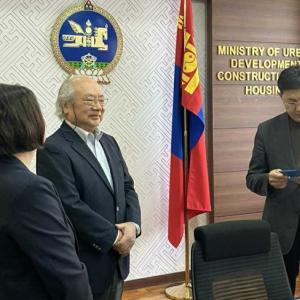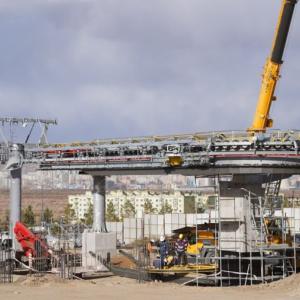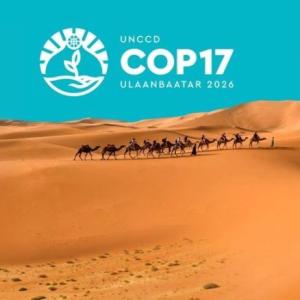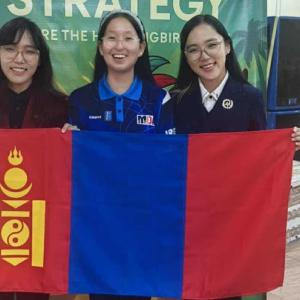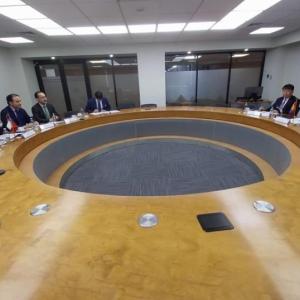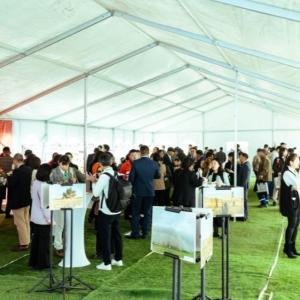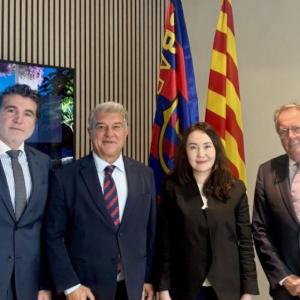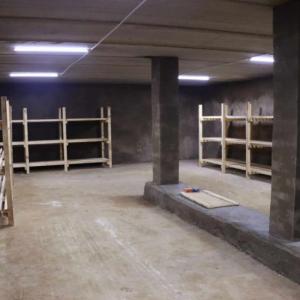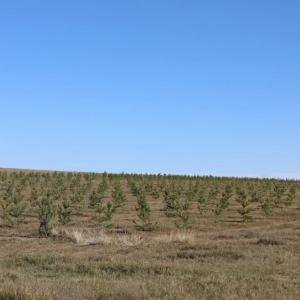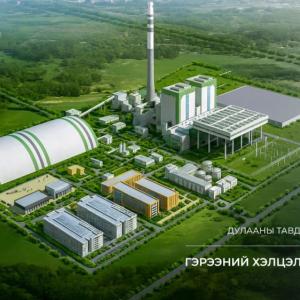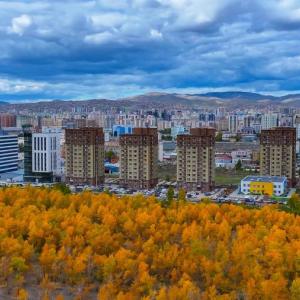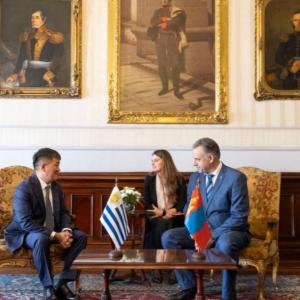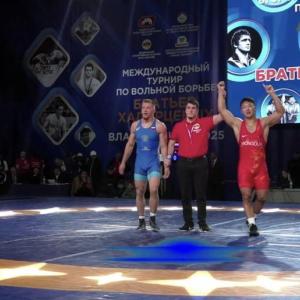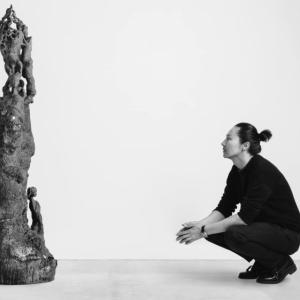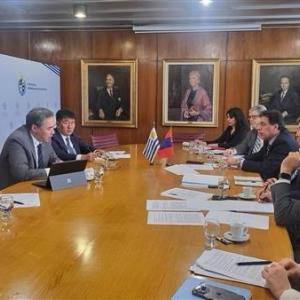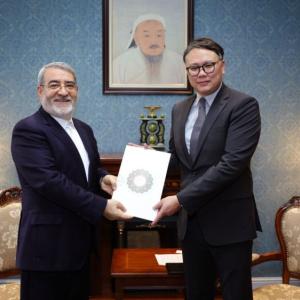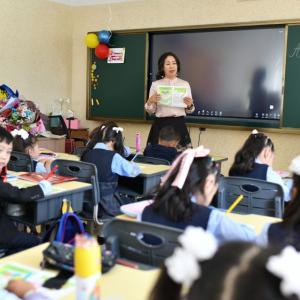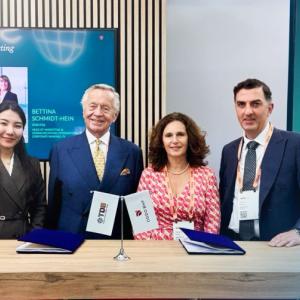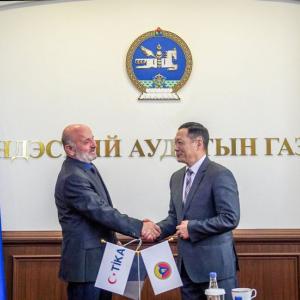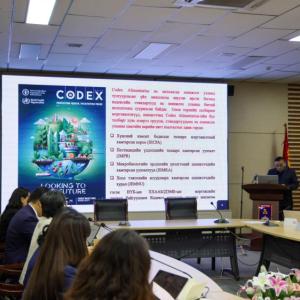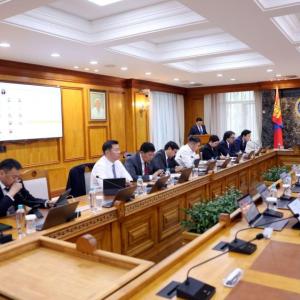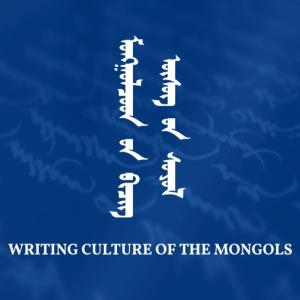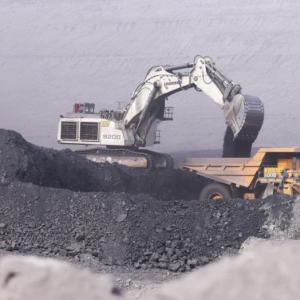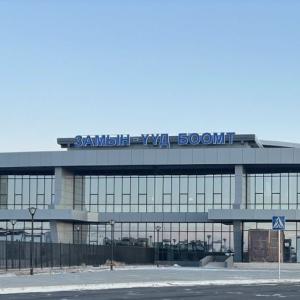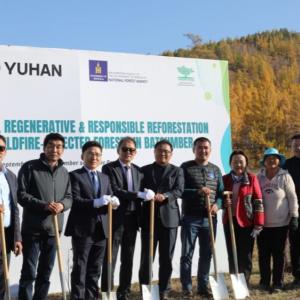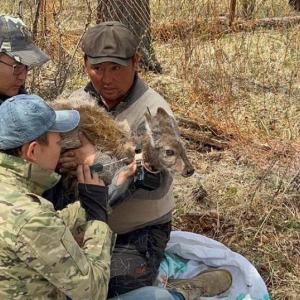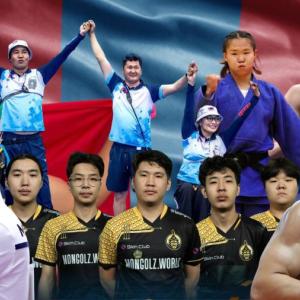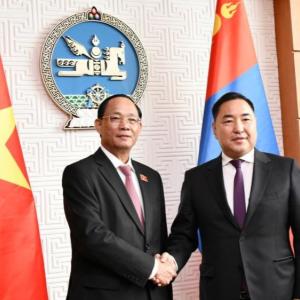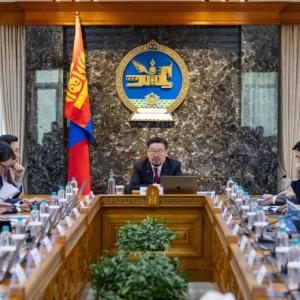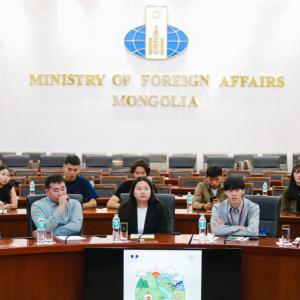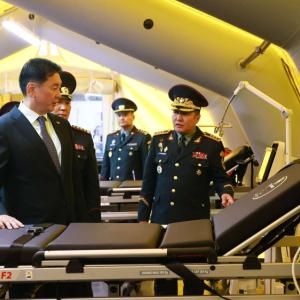FM Lavrov’s interview ahead of his visits
PoliticsUlaanbaatar /MONTSAME/ The Foreign Minister of the Russian Federation Mr Sergey Viktorovich Lavrov gave an interview to media of Mongolia, Japan and China ahead of his visit to these countries on April 12.
Question: How do you access the state of Russian-Mongolian relations? In which spheres can this cooperation be expanded?
Sergey Lavrov: Our relations with Mongolia are relations between long-time good friends. Quite literally, these are strategic relations. We are deeply appreciative of this friendship, which consolidated between our nations not only at the national level but also in contacts between people. Now, when we mark a series of memorable dates related to victories and our common battle during World War II, we regularly review the contribution that the Mongolian people and country made to support the Soviet Army. This is a battle-seasoned brotherhood. More than once, our country succored the brotherly Mongolian nation. I will say it again – these are feelings that are deeply rooted in our people’s hearts and souls.
Speaking of more formal aspects, our relations have become regular, although there was a suspension some time ago. Today, we maintain a regular dialogue at the high and highest levels, as well as close contacts between our parliamentarians, various ministries and departments. We think that this is a very solid and useful core of our relations.
As regards the results – the trade turnover growth, which increased until 2012 and then slowed down and stopped, is now decreasing. This is caused by the global situation and currency fluctuations. I am positive that this is a temporary thing. We have very good potential to bring the trade turnover back to the level of a sustained growth.
At the start of this year, the law came into effect on the ratification of the agreement between the Government of the Russian Federation and the Government of Mongolia on regulating Mongolia’s financial obligations to Russia, which regulated all of Mongolia’s financial commitments to our country. This opens additional opportunities for investment cooperation. I am sure that we will use them.
Question: Today the new Silk Road is a subject of many discussions. What can Russia and Mongolia do together in this respect? How topical is the development of this transport project?
Sergey Lavrov: The Silk Road is China’s initiative, and was discussed by the Russian, Chinese and Mongolian leaders at trilateral meetings. It was discussed not as an isolated issue but in the conjugation context of different processes that are developing in our common geopolitical space – the EAEU as the integration locomotive in the post-Soviet space, China’s Silk Road and Mongolia’s Steppe Road. Our three presidents met more than once and made an instruction. They approved the line towards the conjugation of these three projects with a view to creating the Russia-Mongolia-China transport and economic corridor. Everyone understands that this idea is promising economically and beneficial for our countries. This will boost shipments and trade between our three countries and make their economies more competitive.
I must mention our political cooperation with Mongolia. We are closely cooperating in the UN. Russia is grateful to Mongolia for its support for many of our initiatives in the General Assembly and other UN agencies. In turn, we backed Mongolia when it wished to join the OSCE. We hope for the close coordination of our actions in this international agency.
Questions: In your opinion, what are the major geopolitical challenges facing Mongolia and Russia?
Sergey Lavrov: Due to its geographical location, the Russian Federation has to deal with more challenges than Mongolia. Your country, as you say yourselves, has two great neighbors – Russia and China. It’s important that we have established a mechanism for trilateral meetings between the Russian, Chinese and Mongolian leaders in the past few years. Other dialogues are maintained at other levels to address practical issues. I believe that all countries now face the same geopolitical challenges – new, as we say today, challenges and threats such as terrorism, drug crimes, other forms of trans-border organized crime, environmental issues, and other aspects related to sustainable development. I’d also add efforts to ensure sustainable state development when a country tackles all of its problems with its own means laid down in the country’s constitution, by involving all political forces in the process, and does not allow others to interfere in its internal affairs. Unfortunately, attempts to interfere have not been ruled out completely from international practice. The Russian Federation and China (I take responsibility here in speaking for our Chinese friends) as your two great neighbors will do their best to prevent any attempts to interfere in the internal development processes of our friendly partner Mongolia.
 Ulaanbaatar
Ulaanbaatar

